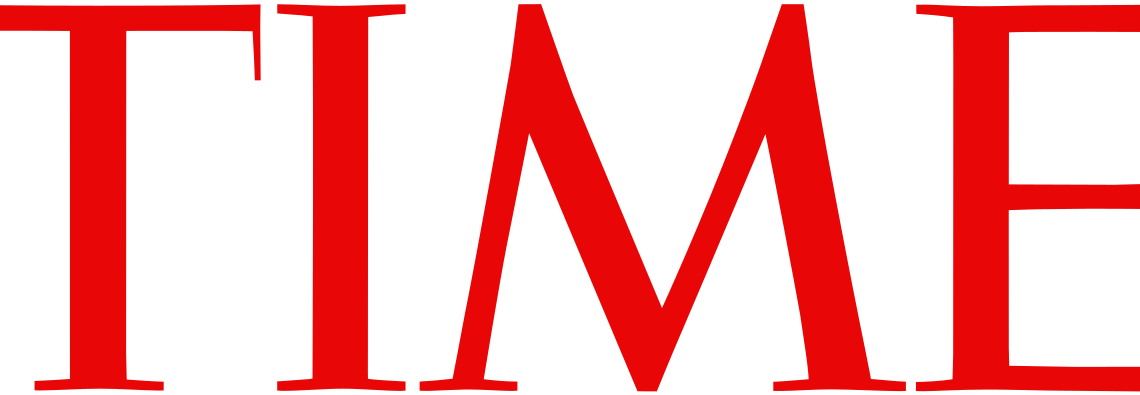When Alex Almeida surveys his family farm in a rural corner of landlocked Paraguay, he sees mainly fields, punctuated by small houses with sheet-metal roofs and, in the distance, native lapacho trees blooming with bright yellow flowers. But despite the isolation, there’s only one place in the world the 23-year-old feels truly cut off from. Paraguayan exports of cows and sheep, like the 130 or so Almeida raises, are locked out of the second largest economy in the world, a source of frustration for an ambitious young farmer and student of agriculture. “The cell phone I’m speaking to you on now is from China,” he tells TIME from Caaguazú, a town some 100 miles east of the capital, Asunción. “The shoes and clothes that I buy and wear, it all comes from China. So why can’t we export food to China?”
The answer is that Paraguay is one of only 15 countries in the world–including nine in Latin America and the Caribbean–that still don’t recognize the government in Beijing. In 1957, Paraguay’s recently installed right-wing dictator Alfredo Stroessner recognized Taiwan–an island that politically split from the mainland following China’s 1945–49 civil war, but which Beijing considers a breakaway province–as the “one true China.” In response, China limits trade and diplomacy with Paraguay, just as it does with any country that recognizes Taiwan. “It’s a political thing, and for many of us it’s absurd, really,” Almeida says. “Taiwan helps us a lot, sending donations and financing, but it doesn’t serve us at a great scale.”
To read the full article from Time, please click here

